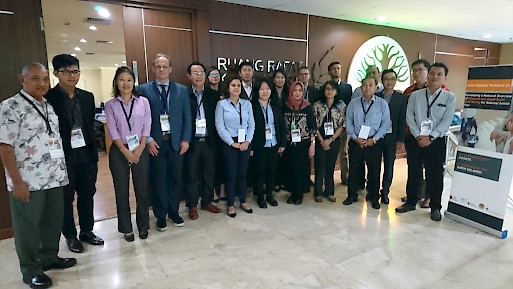From 27 November to 1 December 2017, UNITAR and Artisanal Gold Council’s (AGC) trainers were in Indonesia to train national participants of the Asian Region about developing baseline estimates of mercury use and investigating socio-economic and health aspects of the ASGM sector. The training involved in-office training in Jakarta as well as training in collecting data in a mine site in Tobongon, North Sulawesi.
The Minamata Initial Assessment (MIA) aims to strengthen national decision-making and build national capacity towards the ratification of the Minamata Convention on Mercury and the implementation of future obligations respectively. The MIA project provides an opportunity for a country to undertake several activities including:
- Mercury inventory
- Identification and approval upon measures it will take to implement the Convention
- Estimate associated costs
- Communicate this information in a course and clear manner
The National Action Plan (NAP), which is for the "Artisanal and Small-scale Gold Mining" (ASGM) sector, constitutes an obligation under Article 7 of the Minamata Convention on Mercury for each country that has more than insignificant ASGM activity within its territory.
According to the Minamata Convention, the content of the NAP includes the following:
- Strategies to eliminate work practices and promote mercury-free methods
- Steps to facilitate the formalization or regulation
- Baseline estimates of the quantities of mercury used and practices employed
- Strategies for managing trade and preventing the diversion of mercury
- Strategies for providing information to ASGM affected communities
- A public health strategy on the exposure of miners and their communities to mercury
- Strategies to prevent the exposure of vulnerable populations
- Strategies for mercury-free ASGM and market-based mechanisms or marketing tools
Training objectives
- Raise awareness among national focal points and other national stakeholders about importance of baseline data collection and creation of the national overview of the ASGM sector.
- Present methodologies, practical toolkits and recommendations for developing a national overview of ASGM sector.
- Build national capacity and provide the assistance to NAP countries in their efforts to create a national overview and baseline estimates of mercury use in ASGM sector.
- Provide an opportunity for regional cooperation between countries and executing agencies developing NAPs.
- Provide hand-on experience with field data collection and analysis to selected national participant.

Target Audience
- Classroom workshop: National focal points, national technical experts contracted to conduct an ASGM inventory, other national representatives, executing agencies involved in the process of the NAP development, as well as subject matter experts and practitioners.
- Field training: One selected national representative from each ongoing NAP project, preferably the national technical expert contracted to conduct a national ASGM inventory.
Outcomes
- NAP countries and executing agencies are sensitized about the importance of the national overview, including baseline estimates of mercury use in ASGM and key socio-economic and health aspects of the sector for NAP development.
- NAP countries and executing agencies are equipped with the necessary knowledge foundation to set a country specific strategy for the data collection, and development of the national overview and baseline estimates of mercury use in ASGM, as required for the NAP process.
- Opportunities for the regional cooperation are identified and explored.
- Selected national participant is equipped with hands-on experience and knowledge on how to collect and analyse data in the field and as a result is able to share the newly acquired knowledge with the rest of the national NAP team.






